One to Watch: designer Valerie Name infuses contemporary objects and spaces with historical detail
From vessels to furnishings and interiors, New York- and Athens-based designer Valerie Name finds new relevance for age-old craft techniques
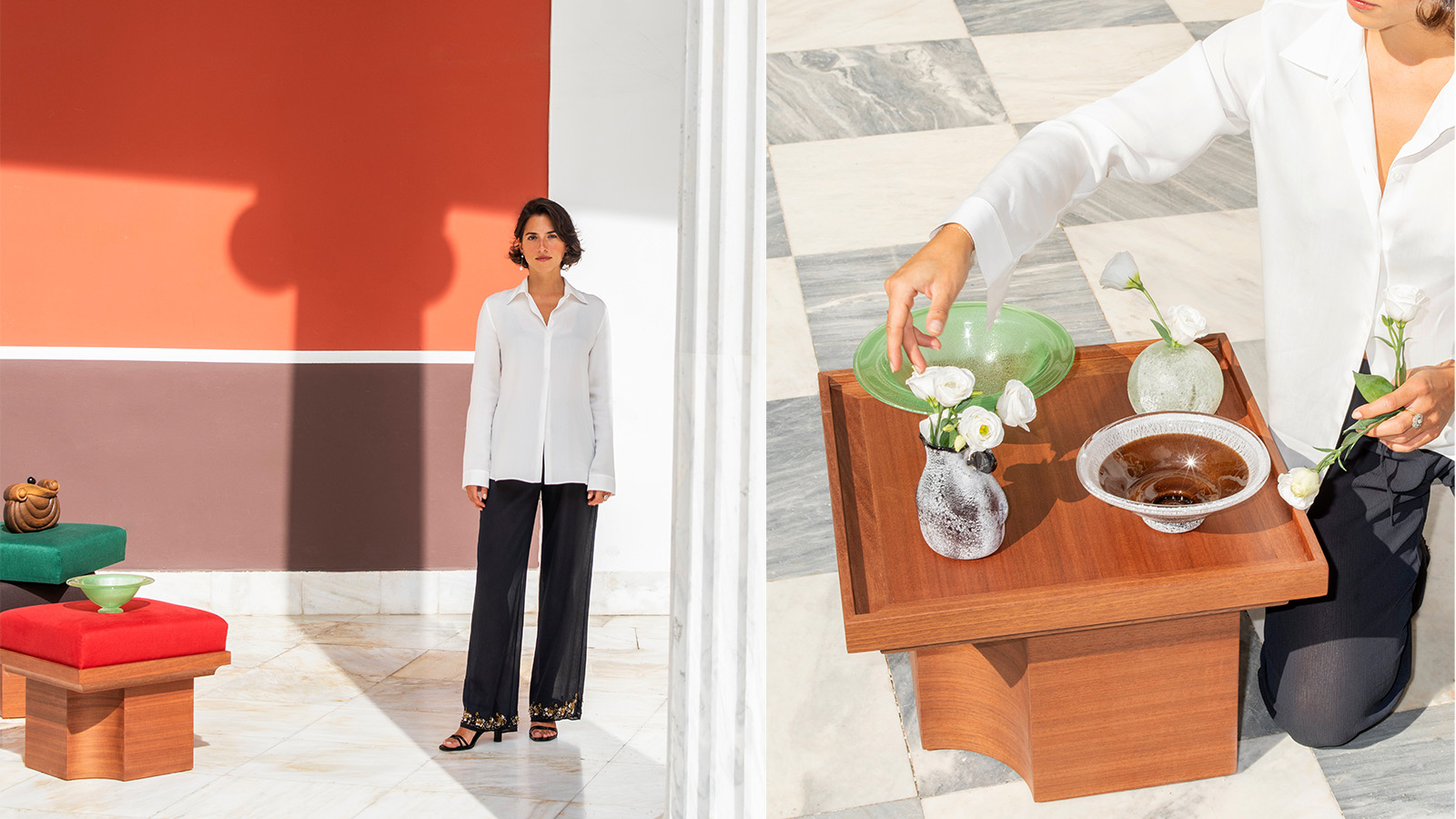
Debuted at the Art Athina Fair in late September 2024, the Naos Stool Collection distils the fundamental golden ratio proportioning of Greek columns. These sometimes seats and occasional side tables – developed with Athens-based Studio Mare – are rendered in solid mahogany, with upholstered cushions. They have intricately hand-formed ceramic buttons that appear to have chipped off an ancient fresco with symbolic motifs such as Odysseus and the Ram or the Akrokeramo. These are the works of multidisciplinary designer Valerie Name, who has arrived at design via fashion, where she designed a limited edition outerwear collection for Bergdorf Goodman.
Get to know Valerie Name, a historically inspired contemporary designer
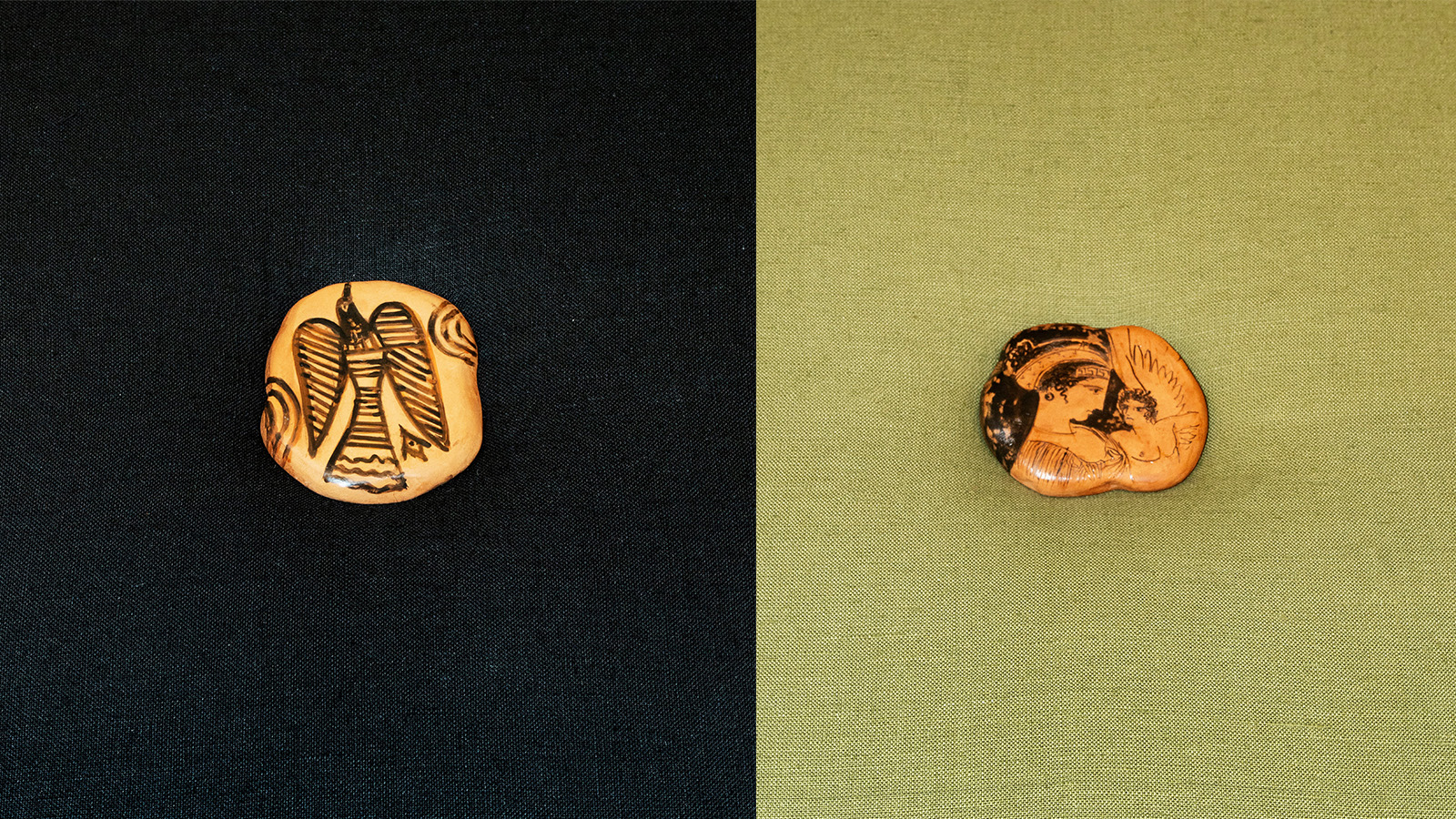
The Caracas-born, New York- and Athens-based up-and-comer centres her work on finding clever ways to channel historical references, giving fresh relevance to the age-old, even ancient, handicraft techniques. Whether outfitting an interior or crafting distinctive luminaires, such as the Scavo Glass lighting series, Name roots her experimental spirit in a deep appreciation for the practices that have transcended time.
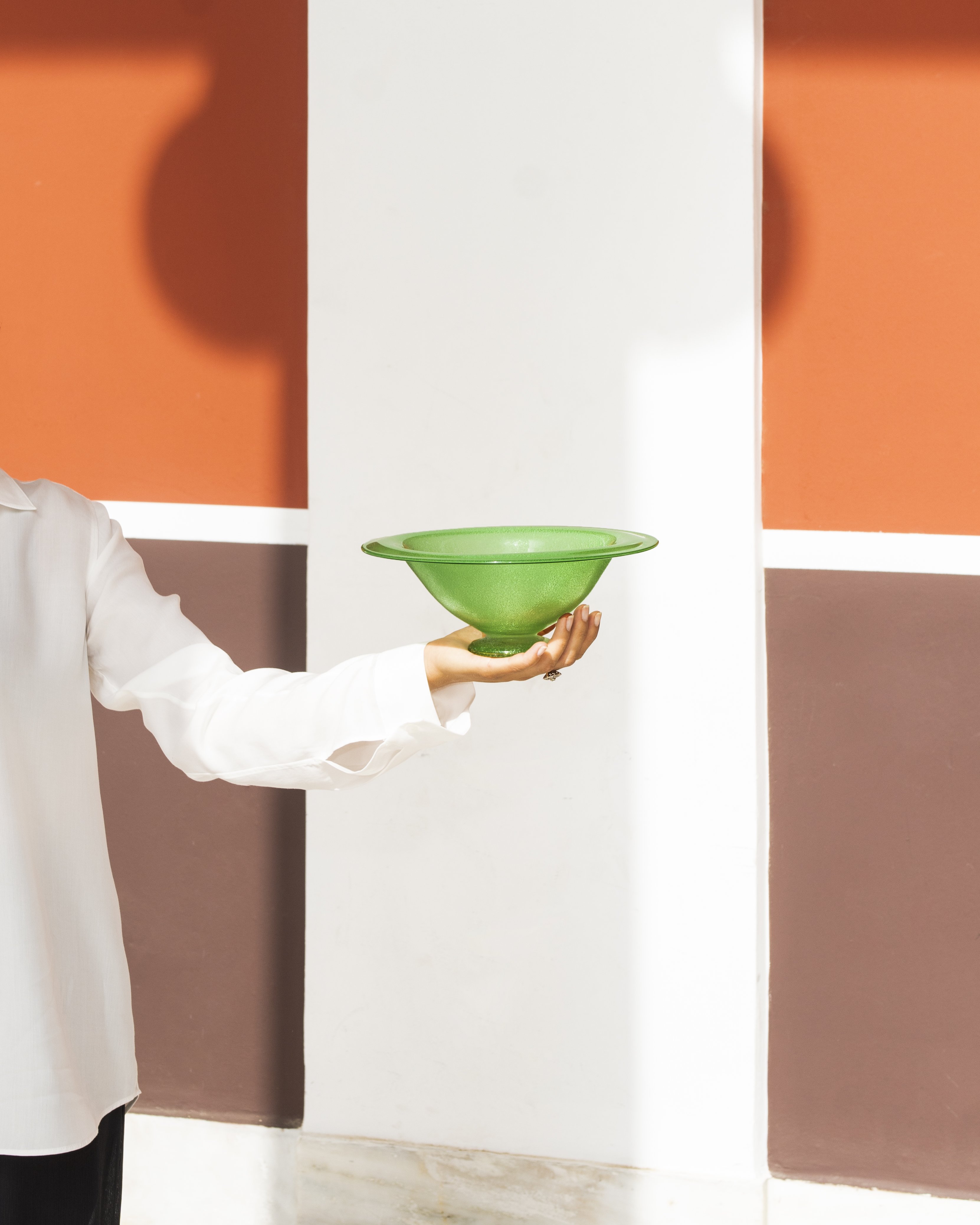
‘Time is the biggest challenge,’ she says. ‘Today, we are so accustomed to the immediacy of delivering objects, and general expectations can be quite demanding. Some clients initially expect quick results, but once they are brought into the process and see all the steps involved in creating such intricate pieces, they gain a newfound respect for the craftsmanship behind it, and their outlook shifts.’
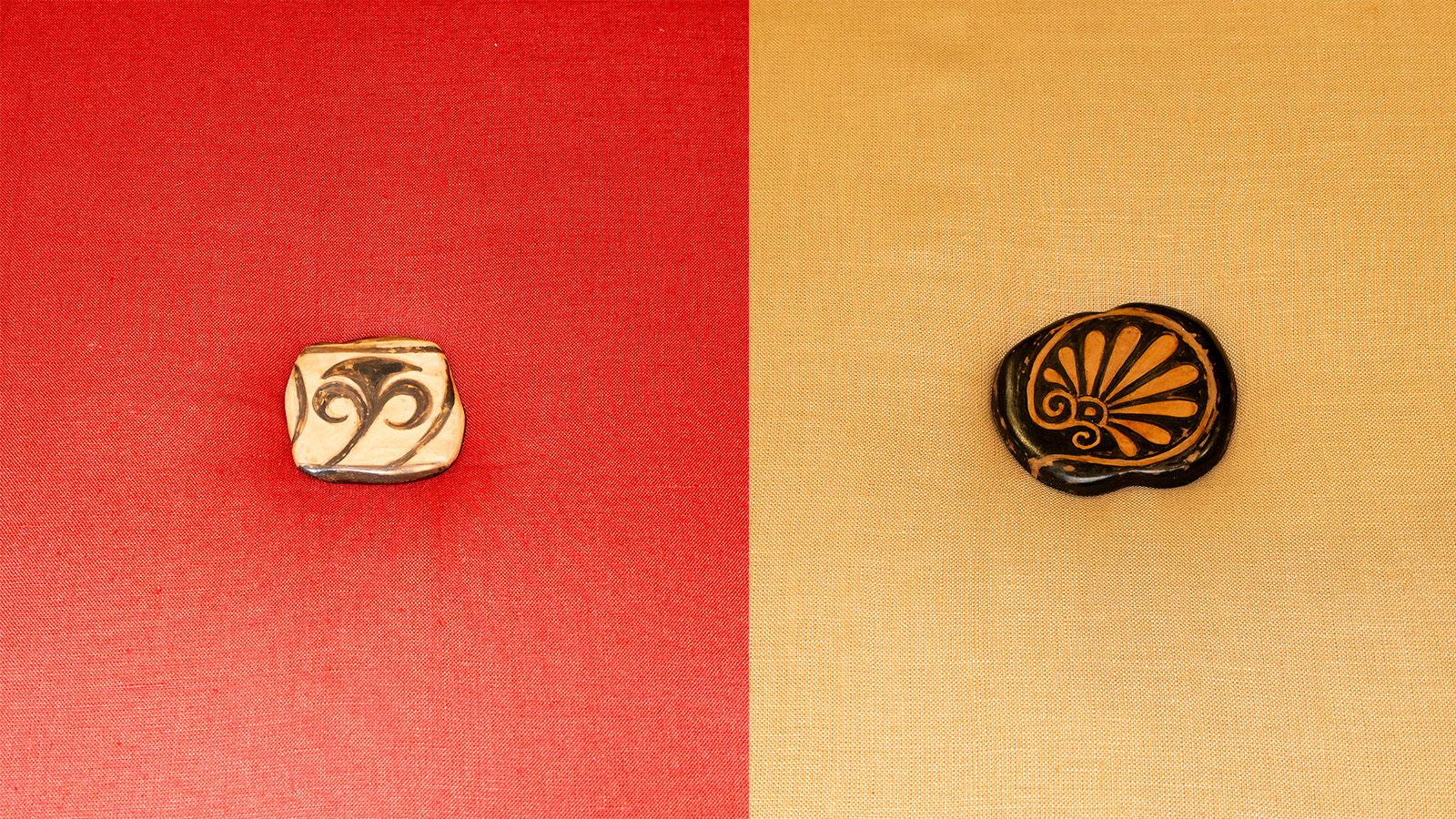
For Name, there's an allure to resurrecting processes that haven't been used in centuries. The mystery of the unknown can be a powerful tool in holding our attention, especially in such an image-saturated world.
After periods of intensive and discursive research, much of which happens in Greece, Name seeks out skilled artisans upholding these age-old handicrafts and convinces them to break tradition just a bit, nudging them to apply their expertise to new formats. They ultimately forge a close bond and achieve a shared goal.
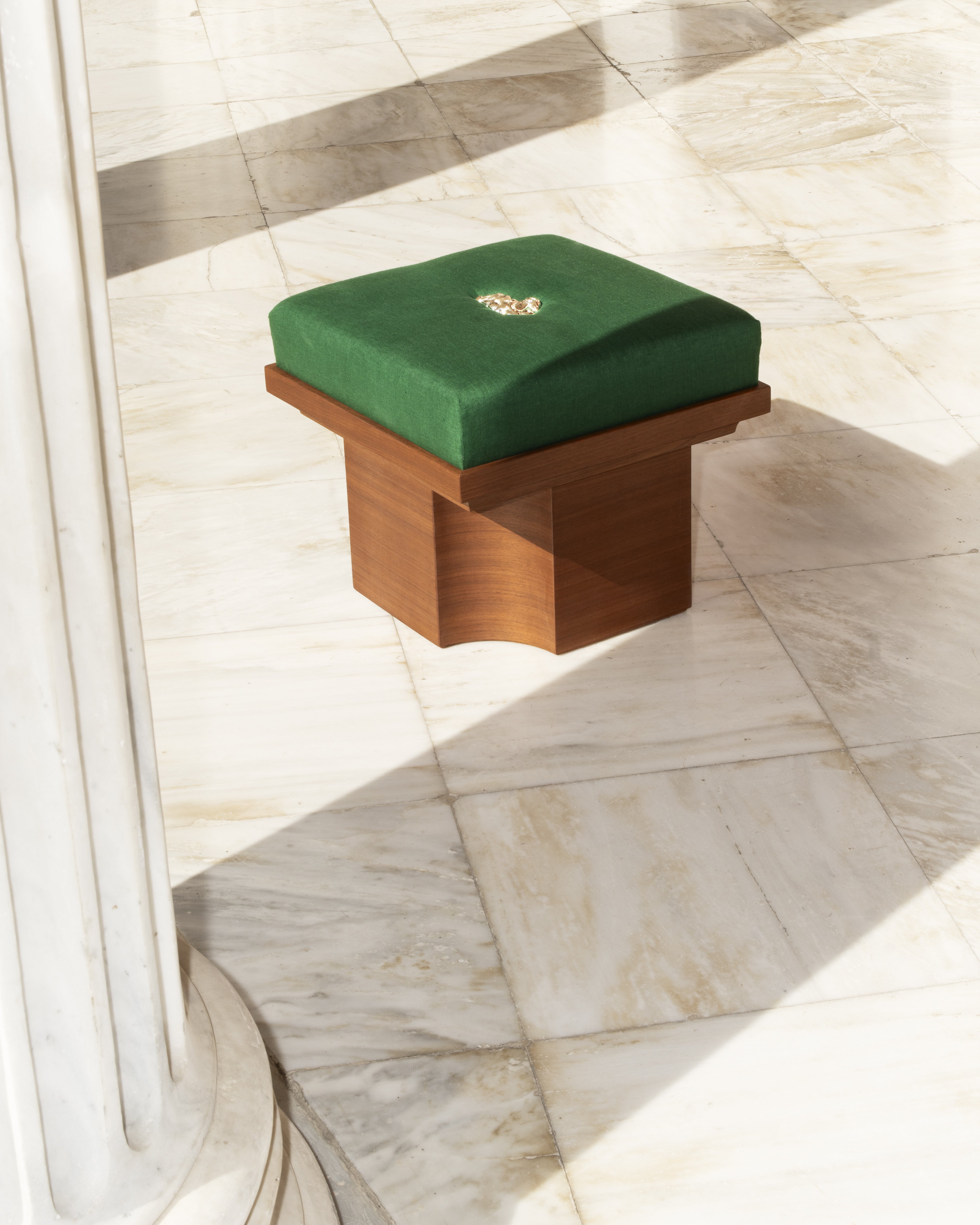
‘It’s an honour to learn from craftspeople that keep alive techniques that were once prevalent,’ she says. ‘By reinterpreting these age-old methods in a contemporary context, we preserve a cultural legacy while creating pieces that speak to today's world.
‘The connection to craftsmanship, rooted in patience, precision, and a deep respect for materials, infuses each project with a sense of timelessness.’ She often cites the Greco-Roman concept of Spoliā – taking an element out of one context and placing it in another – as a driving force.
Receive our daily digest of inspiration, escapism and design stories from around the world direct to your inbox.
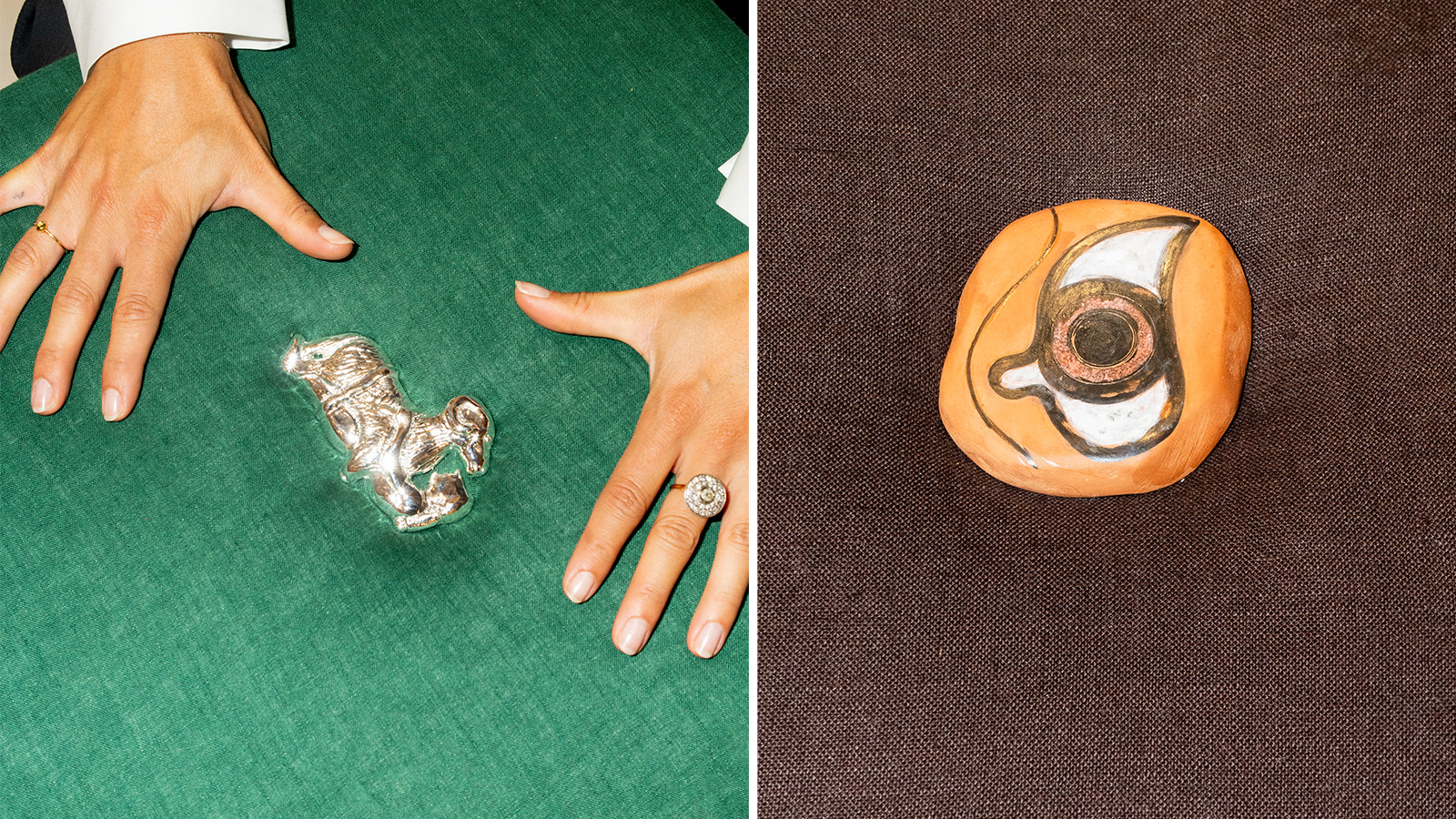
Also presented during the Art Athina Fair in September, the Scavo Glass collection is derived from a deliberate and unrushed process. It began with Name stumbling upon a small glass vessel in a Swiss gallery and being drawn to its textured, weatherworn appearance.
‘I couldn’t tell whether it was from the third century or the 1920s,' she says. ’I investigated its origin and discovered that this level of patination resulted from the blown glass having spent centuries underground and before being exhumed. “Scavo” means excavation in Italian.’
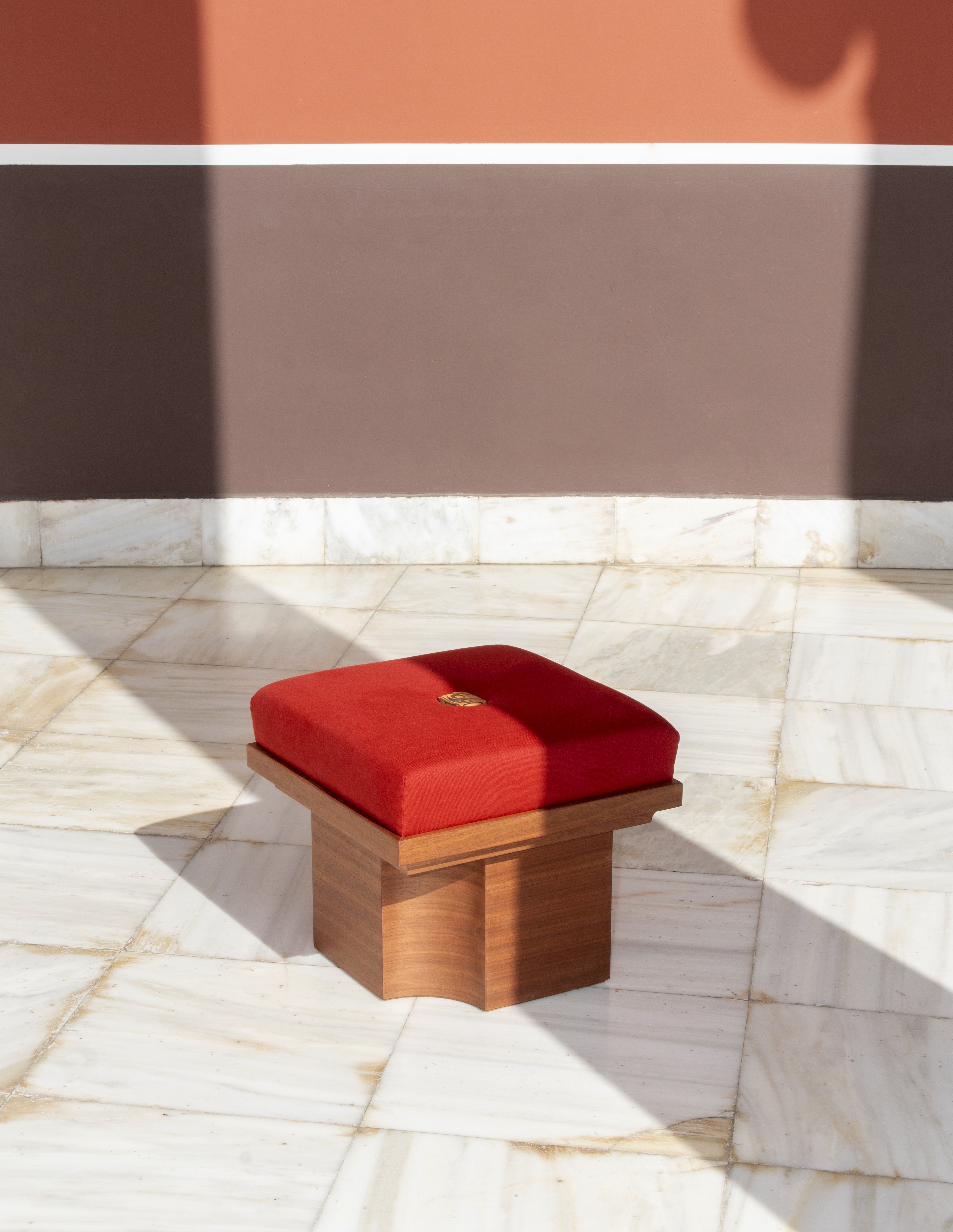
After consulting a colleague, she decided to translate this ancient technique and turn the resulting glass vessels into an idiosyncratic lighting collection. After a year of experimentation with minerals, proportions, and colours, she and her collaborators arrived at the desired, if ever-evolving, outcome.
'What's most beautiful and exciting about this process is that the materials themselves ultimately determine the outcome, keeping us on our toes every time we start a piece,' she concludes. 'The language we developed will carry through to an ongoing series of lighting and furniture pieces.'
Adrian Madlener is a Brussels-born, New York-based writer, curator, consultant, and artist. Over the past ten years, he’s held editorial positions at The Architect’s Newspaper, TLmag, and Frame magazine, while also contributing to publications such as Architectural Digest, Artnet News, Cultured, Domus, Dwell, Hypebeast, Galerie, and Metropolis. In 2023, He helped write the Vincenzo De Cotiis: Interiors monograph. With degrees from the Design Academy Eindhoven and Parsons School of Design, Adrian is particularly focused on topics that exemplify the best in craft-led experimentation and sustainability.
-
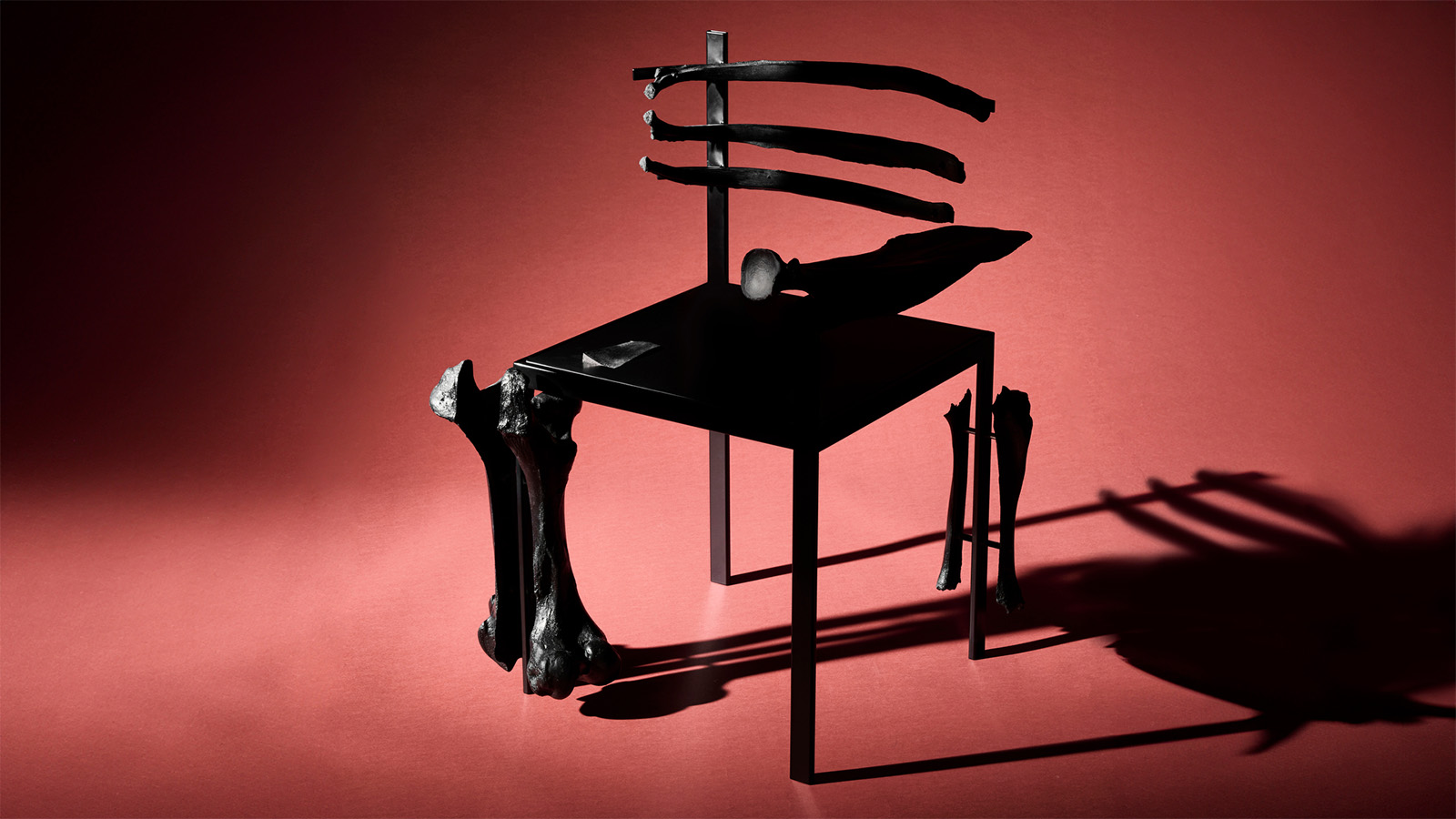 Zbeul Studio's 'future relics' merge traditional craft with unexpected materials
Zbeul Studio's 'future relics' merge traditional craft with unexpected materialsWallpaper* Future Icons: Paris-based studio Zbeul merges archaeology, craft, and design, taking the design process to innovative places
-
 Deep dive into Carlos H Matos' boundary-pushing architecture practice in Mexico
Deep dive into Carlos H Matos' boundary-pushing architecture practice in MexicoMexican architect Carlos H Matos' designs balance the organic and geometric, figurative and abstract, primitive and futuristic
-
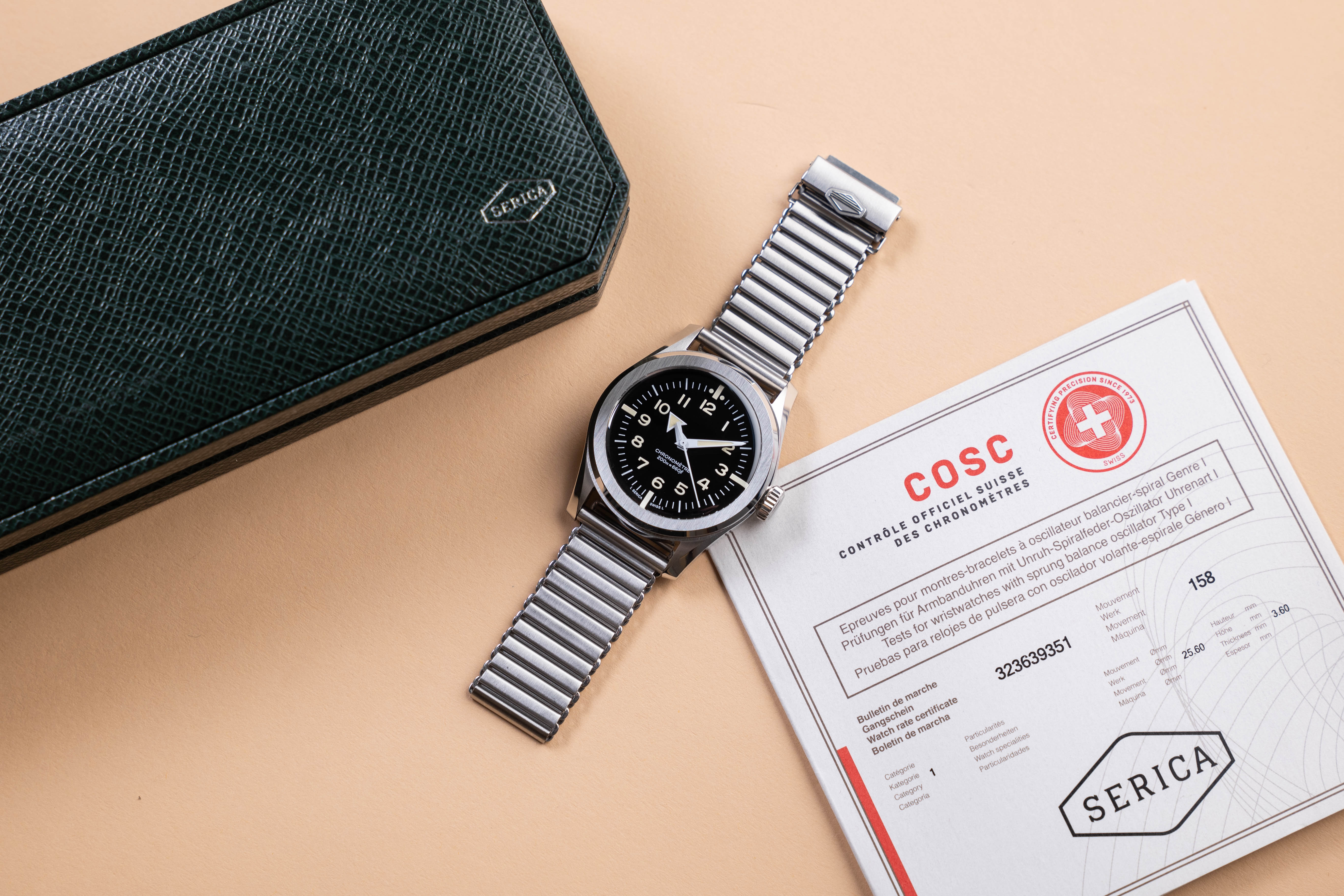 Click to buy: how will we buy watches in 2026?
Click to buy: how will we buy watches in 2026?Time was when a watch was bought only in a shop - the trying on was all part of the 'white glove' sales experience. But can the watch industry really put off the digital world any longer?
-
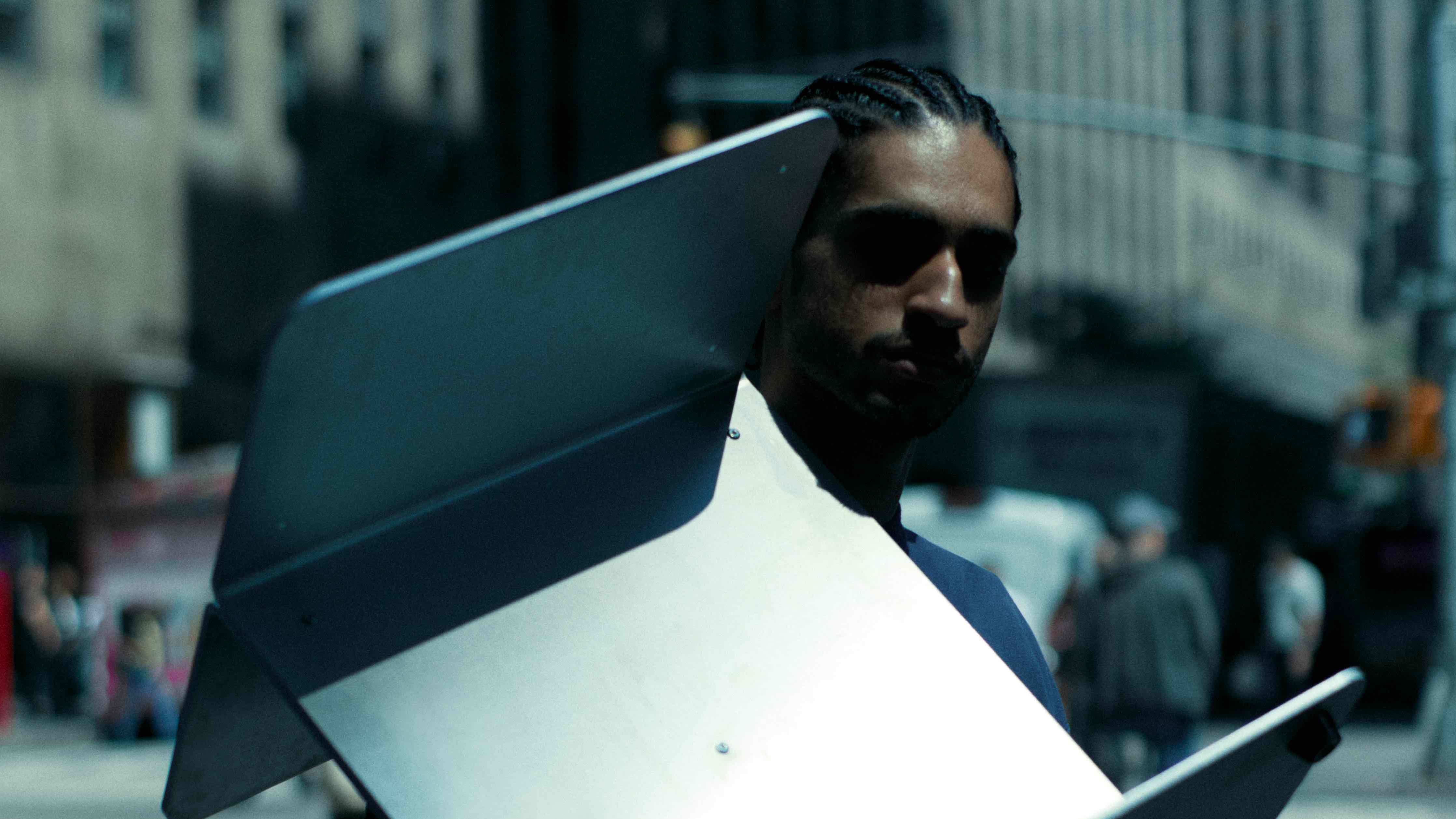 Meet Goodesign, the modular furniture studio with big dreams
Meet Goodesign, the modular furniture studio with big dreamsWallpaper* speaks to Emmanuel Popoteur, the self-taught designer behind New York’s Goodesign, a studio creating intuitive, adaptable furniture for modern living
-
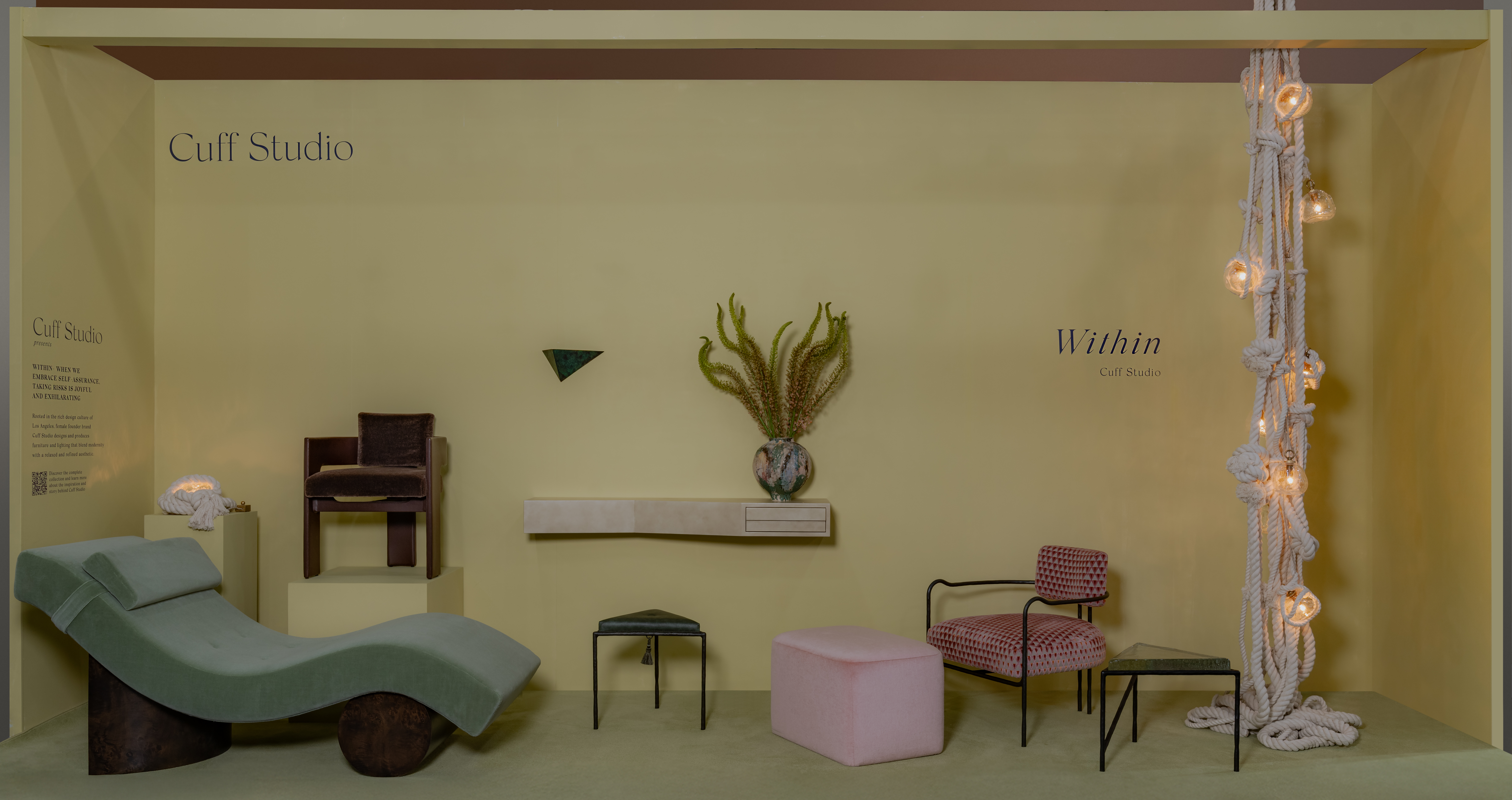 Five things we loved at ICFF this year
Five things we loved at ICFF this yearFrom ceramic sconces to inflatables, here's the furniture and lighting that caught our eye
-
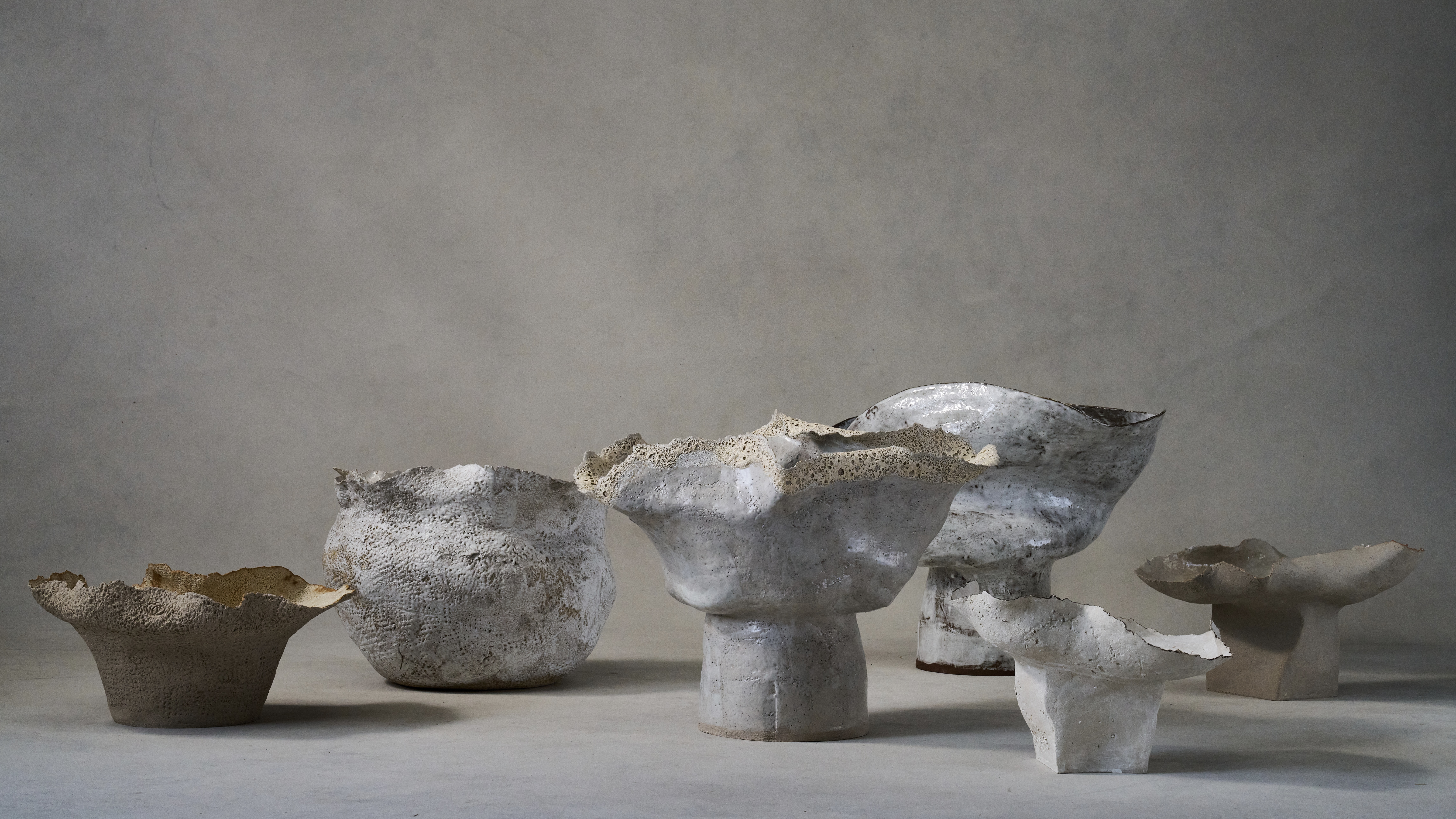 Ludmilla Balkis’ organic, earthy ceramics embody the Basque countryside
Ludmilla Balkis’ organic, earthy ceramics embody the Basque countrysideThe sculptor-ceramicist presents a series inspired by and created from found natural objects in a New York exhibition
-
 Designer Danny Kaplan’s Manhattan showroom is also his apartment: the live-work space reimagined
Designer Danny Kaplan’s Manhattan showroom is also his apartment: the live-work space reimaginedDanny Kaplan’s Manhattan apartment is an extension of his new showroom, itself laid out like a home; he invites us in, including a first look at his private quarters
-
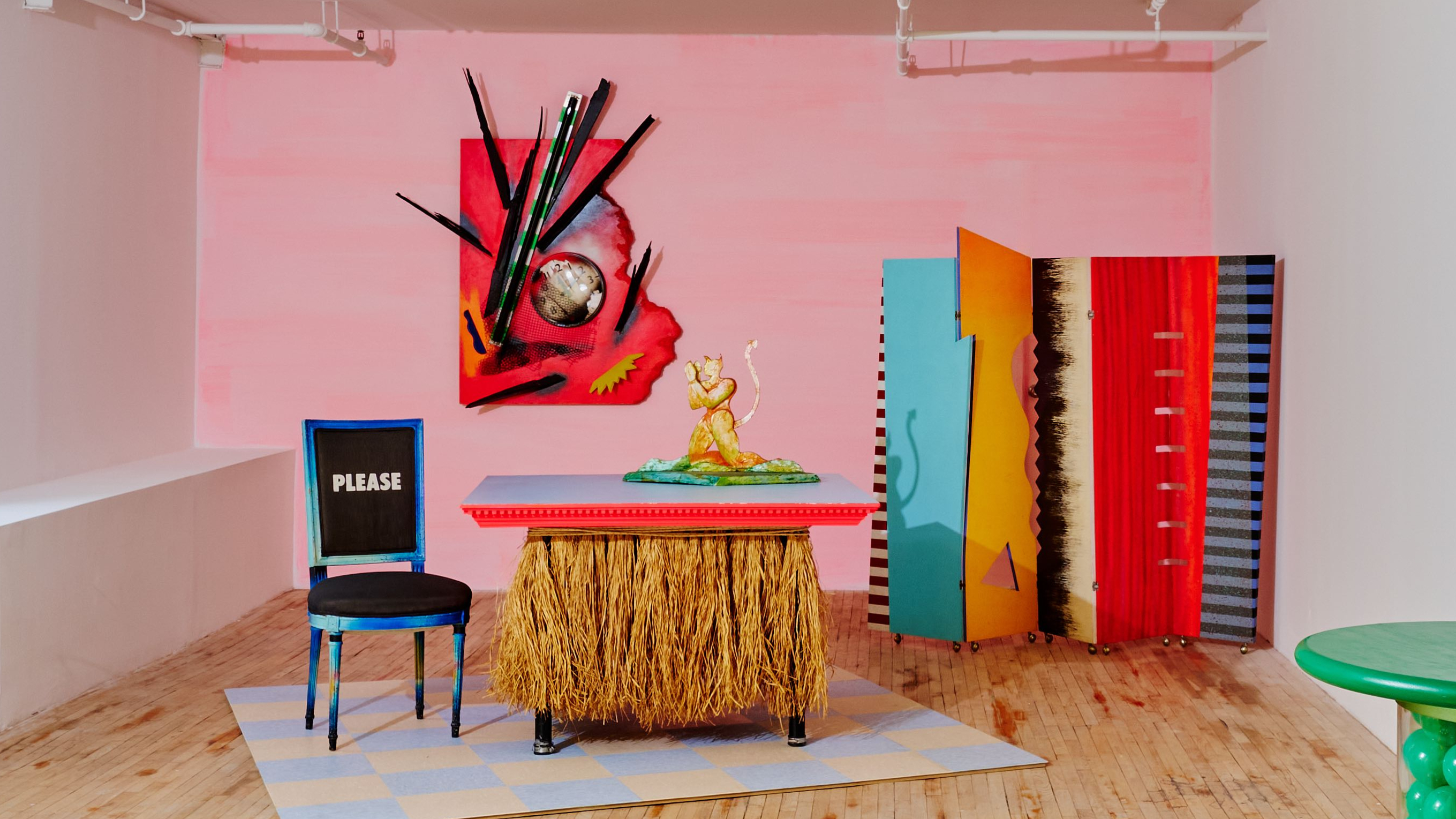 New Superhouse show captures the rebellious spirit of Dan Friedman’s Manhattan apartment
New Superhouse show captures the rebellious spirit of Dan Friedman’s Manhattan apartmentIn the late 1970s, graphic designer and artist Dan Friedman transformed his apartment into a Day-Glo laboratory of ideas. Now, a new exhibition at Superhouse in New York revisits his vibrant, rebellious world
-
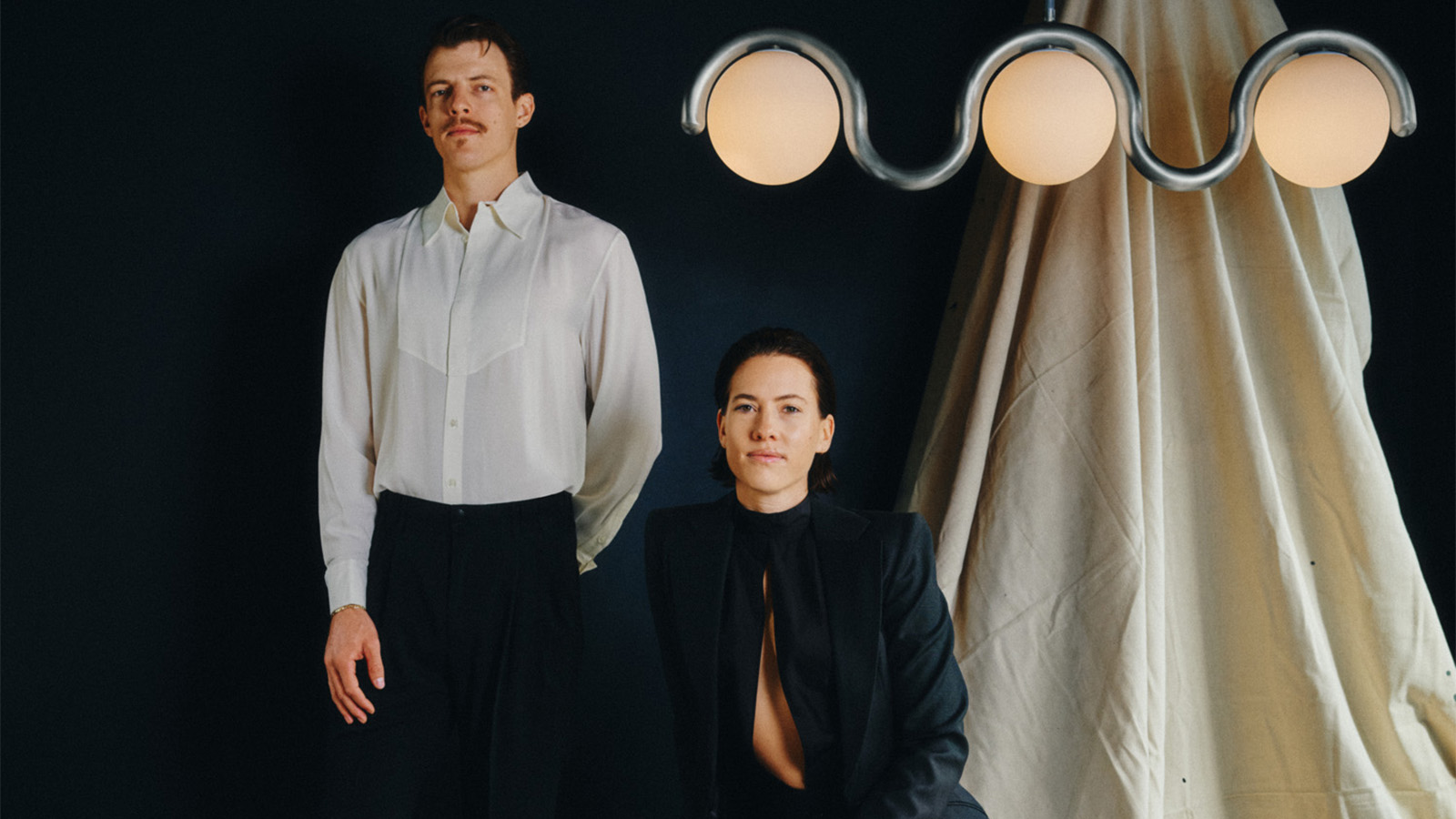 Design practice Astraeus Clarke is inspired by cinema to tell a story and evoke an emotion
Design practice Astraeus Clarke is inspired by cinema to tell a story and evoke an emotionIn a rapidly changing world, the route designers take to discover their calling is increasingly circuitous. Here we speak to Chelsie and Jacob Starley the creative duo behind Astraeus Clarke
-
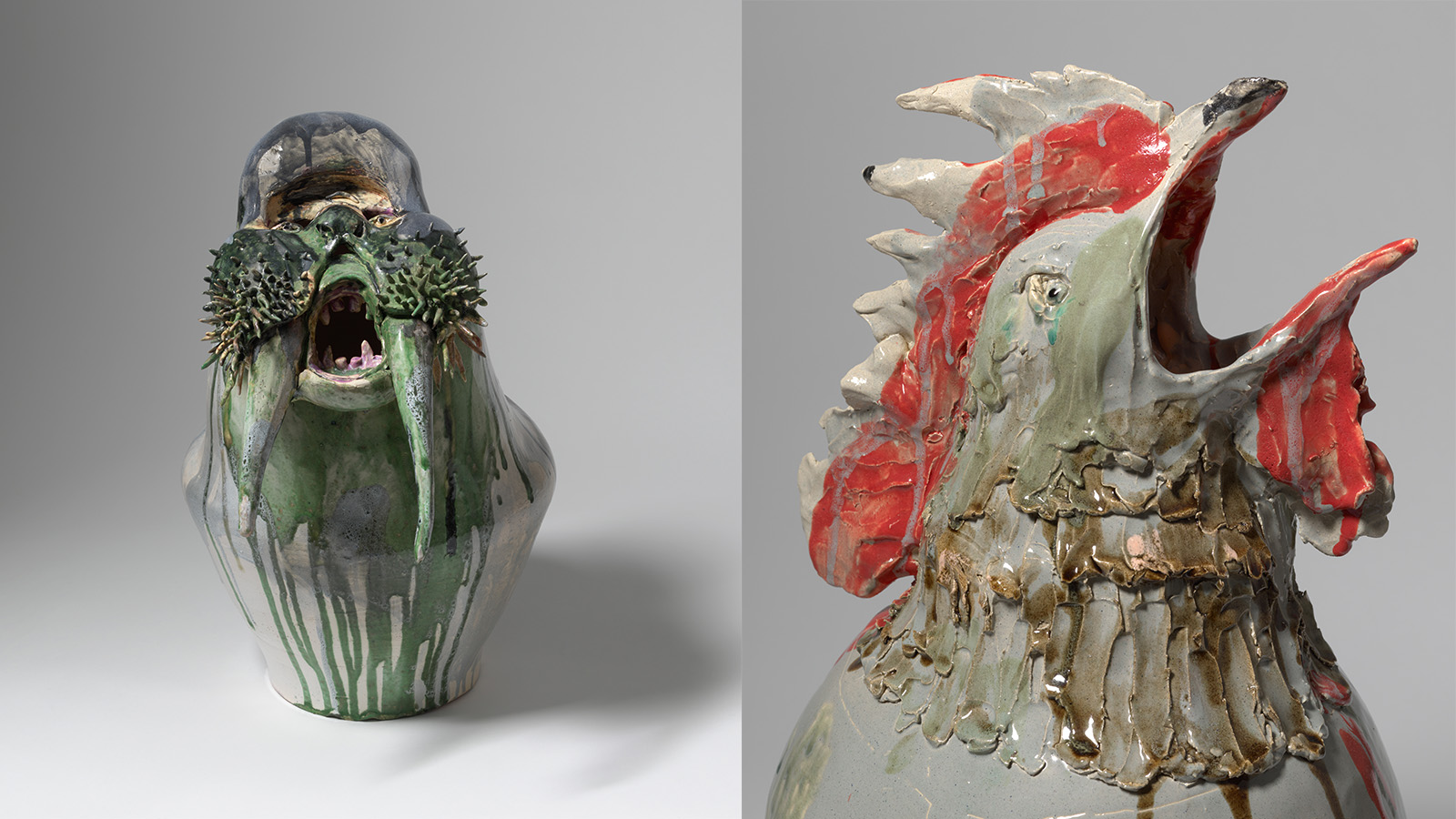 Hella Jongerius’ ‘Angry Animals’ take a humorous and poignant bite out of the climate crisis
Hella Jongerius’ ‘Angry Animals’ take a humorous and poignant bite out of the climate crisisAt Salon 94 Design in New York, Hella Jongerius presents animal ceramics, ‘Bead Tables’ and experimental ‘Textile Studies’ – three series that challenge traditional ideas about function, craft, and narrative
-
 First look: Matthew Fisher opens the doors to his first gallery in Manhattan
First look: Matthew Fisher opens the doors to his first gallery in ManhattanHistory, design, and environmental consciousness converge at M. Fisher in New York City, offering an experience that is as meaningful as it is visually striking